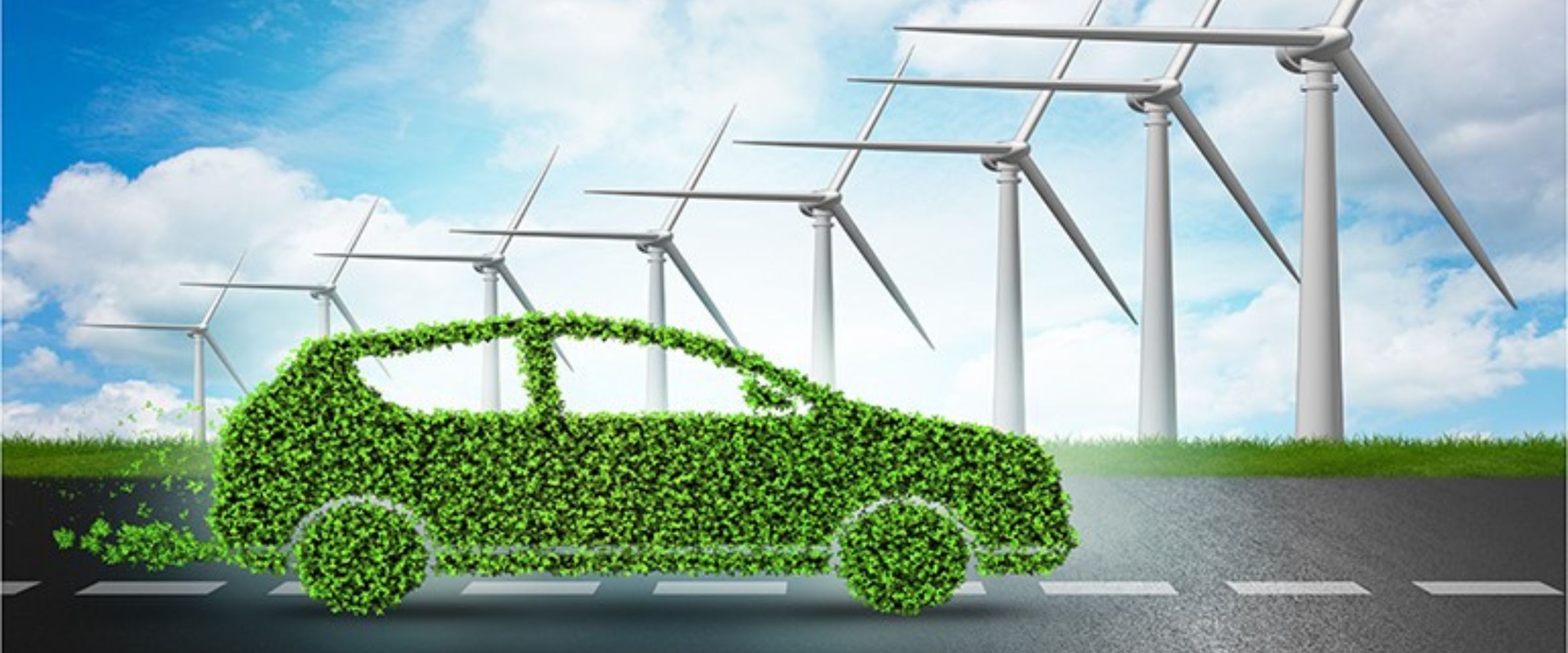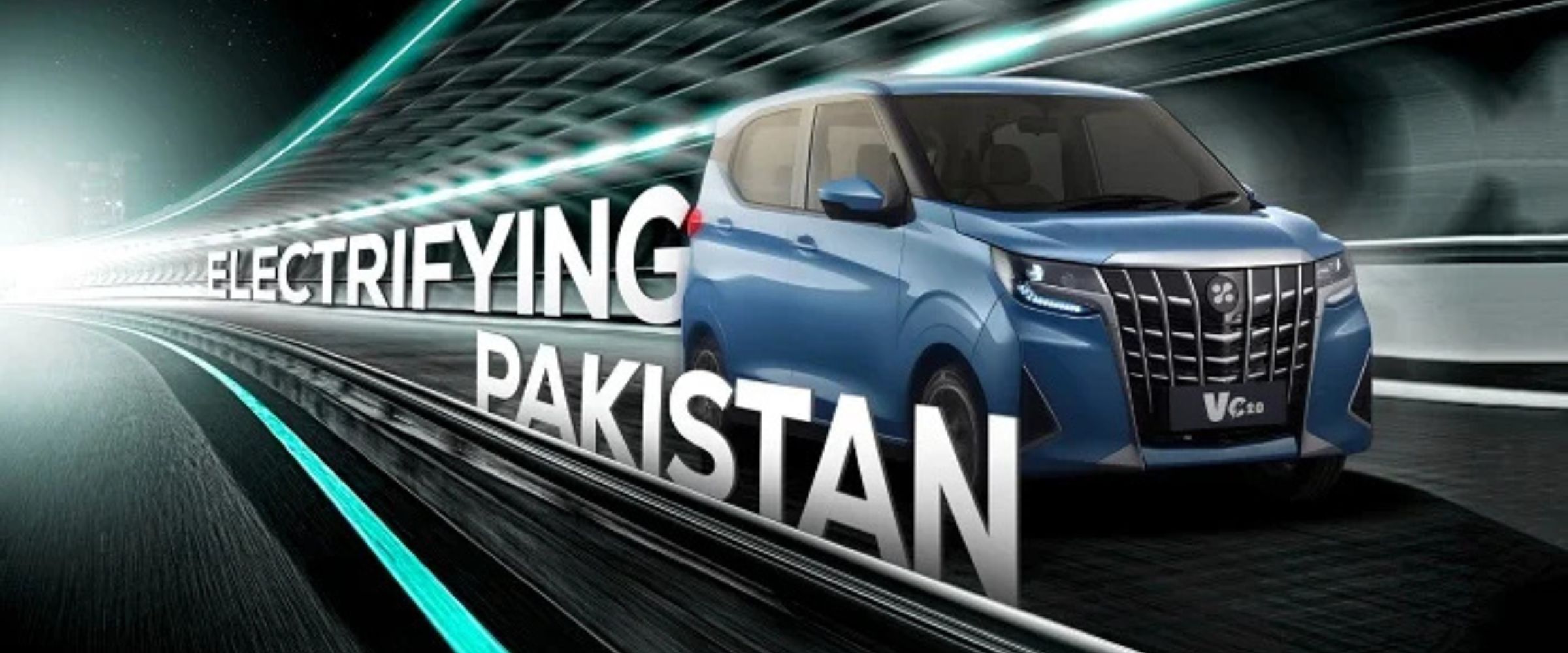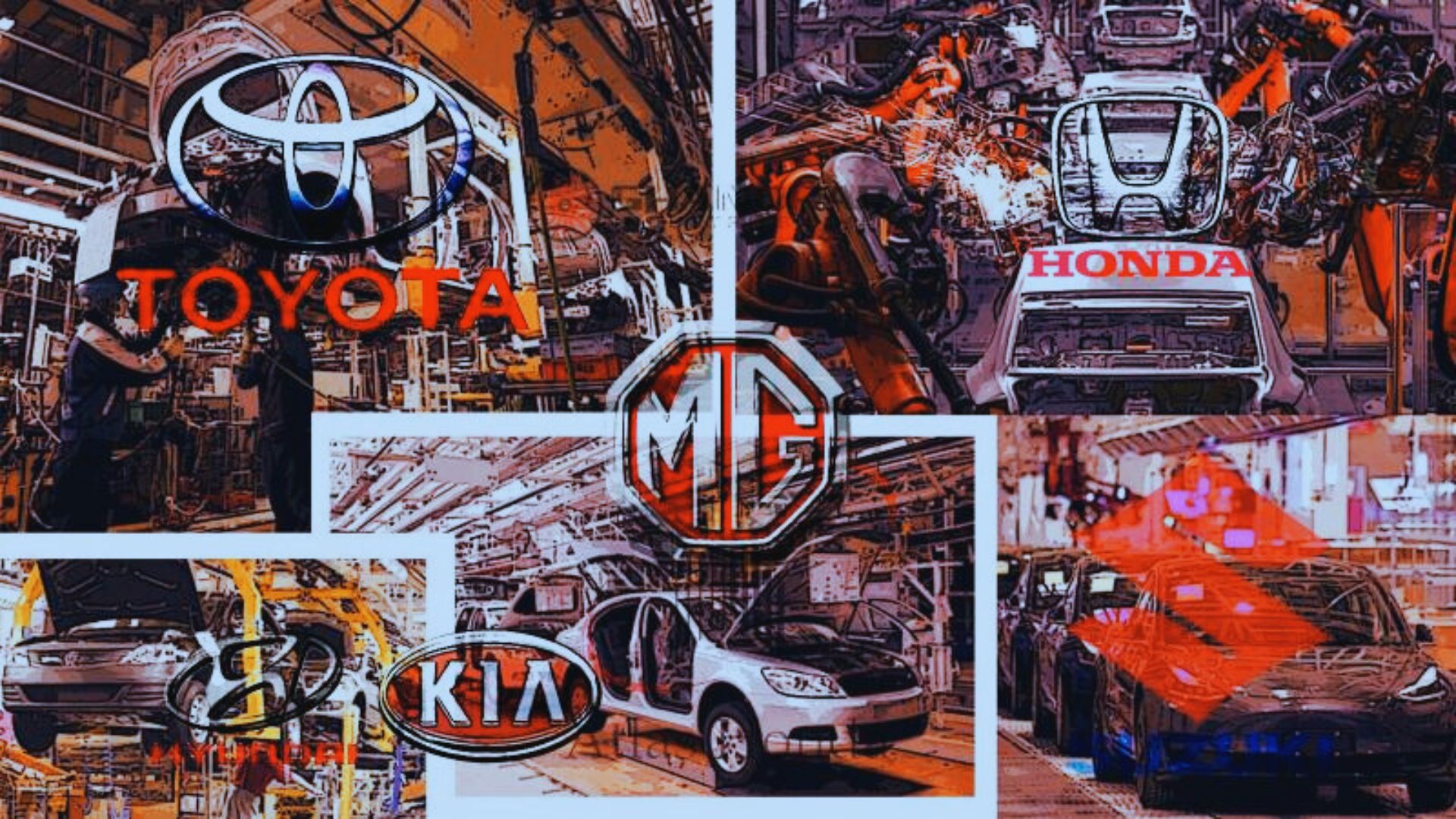Pakistan is taking major strides toward self-reliance in the automotive sector by increasing localization in vehicle manufacturing and introducing ethanol fuel as an alternative energy source. These initiatives aim to enhance the country’s industrial growth, reduce reliance on imports, and promote sustainable energy solutions.
The government’s commitment to these objectives was highlighted in a recent meeting between the Special Assistant to the Prime Minister (SAPM) for Industries and Production, Haroon Akhtar Khan, and Hiroshi Kawamura, CEO of Pak Suzuki. The meeting focused on expanding industrial and trade cooperation between Pakistan and Japan, with discussions on technological innovation, clean energy solutions, and deeper collaboration in the automotive industry.
Also Read : Petrol Pricing Debate: Discounts for Luxury Cars, Extra Costs for Bikers
Strengthening Pakistan-Japan Industrial Relations
Haroon Akhtar Khan underscored the importance of bio-gas and electric vehicle (EV) projects in collaboration with Japan, emphasizing their role in Pakistan’s shift toward sustainable transportation. He reaffirmed the government’s commitment to advancing green energy initiatives, highlighting the need for joint industrial ventures that could drive technological innovation.

A key topic of discussion was Pak Suzuki’s plan to establish a Biogas Plant in Manga Mandi, which SAPM praised as a significant step toward promoting renewable energy. This move aligns with Pakistan’s broader strategy to develop sustainable and environment-friendly transportation solutions.
During the meeting, SAPM reiterated that Pakistan is a promising market for Pak Suzuki, urging continued investment in the local automotive sector. He stressed that strengthening industrial ties with Japan would not only boost economic growth but also pave the way for increased localization of auto parts and manufacturing processes.
Commitment to Sustainable Transportation and Clean Energy
Pakistan’s focus on ethanol-blended fuel is part of a larger effort to reduce carbon emissions and dependence on imported fossil fuels. Ethanol fuel, derived from agricultural sources like sugarcane, offers a cleaner and more cost-effective alternative while also supporting the local agriculture sector. The government is working on ensuring engine compatibility with ethanol-blended fuel, making it a viable option for future vehicles.

These initiatives align with the Prime Minister’s “Uraan” vision, which promotes eco-friendly vehicles and sustainable mobility. By increasing localization and adopting ethanol fuel, Pakistan aims to create a more self-sufficient automotive industry while contributing to environmental conservation.
Also Read : BMW, Mercedes, and Audi Adjust Pricing and Production to Ease Tariff Pressure
Future Prospects for Pakistan’s Automotive Sector
The meeting between Haroon Akhtar Khan and Hiroshi Kawamura marked another step in strengthening Pakistan-Japan industrial relations. During the discussion, Kawamura congratulated SAPM on his appointment and expressed confidence in further enhancing economic and industrial cooperation.

The localization of auto manufacturing and the adoption of ethanol fuel will bring several benefits. These include lower import costs, increased job opportunities, and advancements in automotive technology. Moreover, by focusing on innovation and sustainability, Pakistan is shaping its future as a key player in clean and localized vehicle manufacturing.









